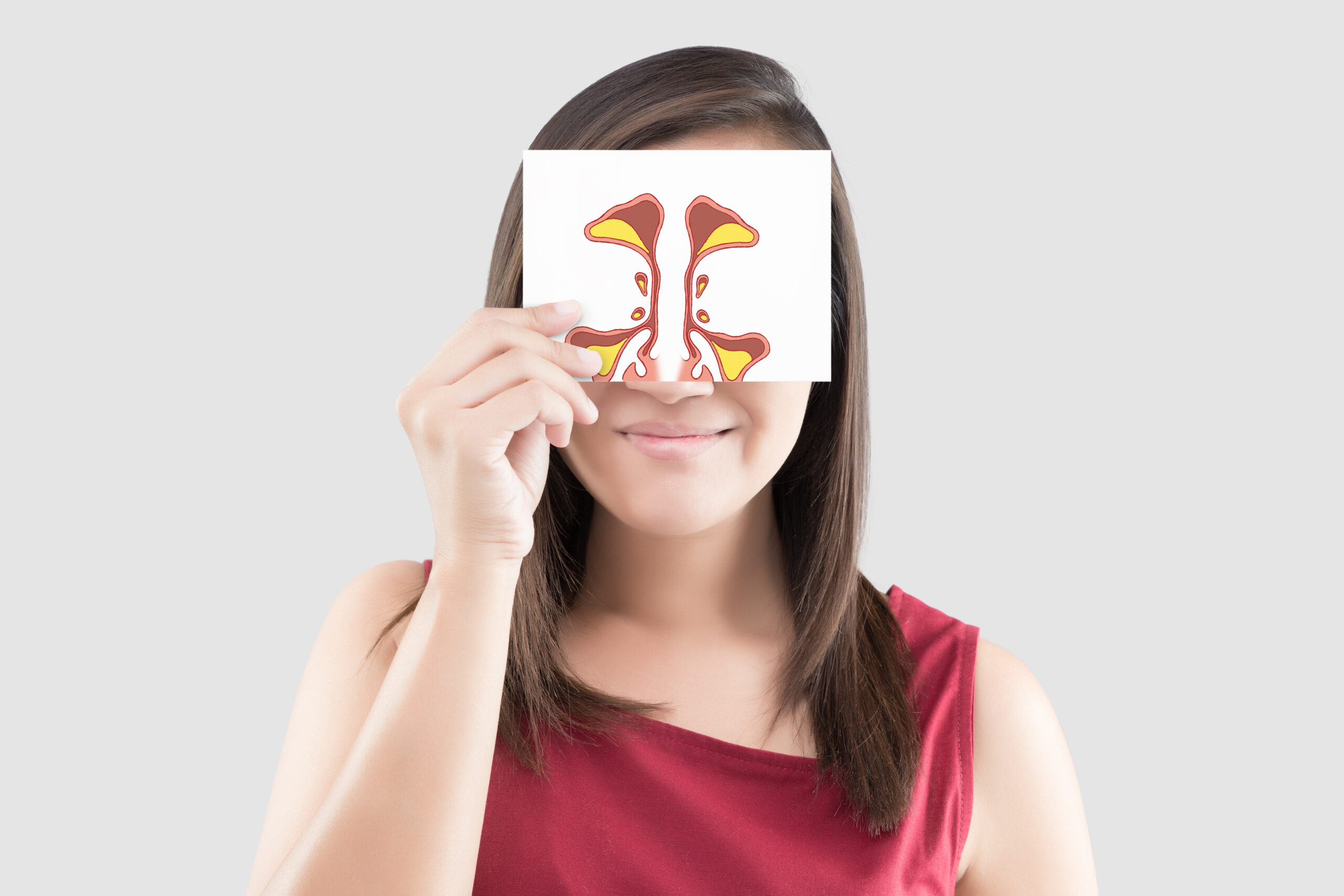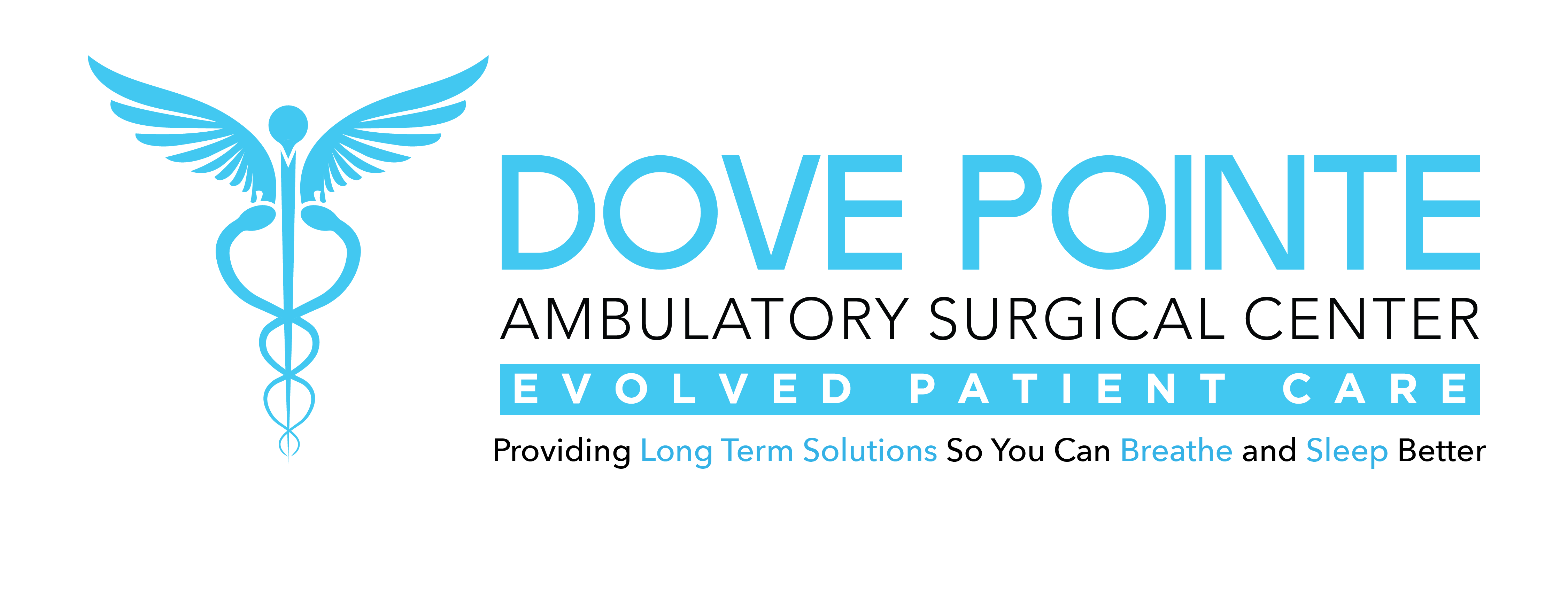If you have trouble breathing, despite taking medication to relieve your symptoms, chances may be that you are actually suffering from a deviated septum. This condition can result in a number of issues that medicine simply cannot fix.
If you're looking to ease sinus-related symptoms caused by a deviated septum, look into having a balloon sinuplasty procedure done.
Today, your certified McAllen physician assistant, Jonathan Lerma, and his sinus relief specialists here at the Glatz Group of Valley ENT, can help those with deviated septums better understand how it can affect their breathing and sinuses, and what options are available to alleviate those symptoms.
What Is a Deviated Septum?
Before understanding how deviated septums can impact your breathing and sinuses, we must first understand what the condition is.
A deviated septum is a physical disorder within the nasal septum, the part of the nose that separates the nasal cavity and forms the nostrils. The nasal septum is primarily made up of bone and cartilage, and is meant to symmetrically separate the nasal openings. When there’s a displacement in the nasal septum, the nasal passageways are no longer symmetrically separated. This creates a blockage in one of the nostrils.
The most common symptom of a deviated or crooked septum is difficulty breathing through the nose. The symptoms are typically worse on one side, and sometimes take place on the side opposite the bend. In certain instances, the crooked septum may interfere with the drainage of the sinuses, leading to recurring sinus infections.
In other cases, a person with a mildly deviated septum may experience symptoms only when they are dealing with an upper respiratory tract infection. For these individuals, in particular, a respiratory infection will provoke nasal inflammation that temporarily intensifies airflow issues associated with the deviated septum. Once the cold has passed, and the nasal inflammation subsides, symptoms of a slightly deviated septum usually resolve as well.
However, for individuals suffering from moderately to severely deviated septums, prolonging treatment will only increase the time you must deal with the symptoms. A deviated septum can result in:
- Obstruction of one or both nostrils
- Difficulty breathing
- Nasal congestion
- Nosebleeds
- Poor sinus drainage
- Sinus infections
- Sleep apnea
- Snoring
Treatment Options for Management of Symptoms
There are several options that may be recommended or prescribed to help you deal with symptoms associated with a deviated septum, including:
- Decongestants: Decongestants are medications that minimize nasal tissue swelling to help keep the airways of your nose open. Decongestants come as pills or nasal spray, but use nasal sprays with caution. Frequent and continued use can cause dependency and worsen symptoms after you stop using them.
- Antihistamines: Antihistamines are medications that help prevent allergy symptoms like a stuffy or runny nose. They can also sometimes help nonallergic conditions that occur during a cold. Please be aware that some antihistamines make you drowsy and can influence your ability to perform daily tasks that require physical coordination, including driving.
- Nasal steroid sprays: Prescription nasal corticosteroid sprays can lessen swelling in your nasal passage and help support drainage. It generally takes one to three weeks for steroid sprays to have their maximum effect, so it is imperative to follow your doctor's directions when taking them.
It is worth noting that medications only treat the swollen mucous membranes and symptoms associated with a deviated septum BUT WILL NOT correct a deviated septum.
Balloon Sinuplasty to Relieve Sinus-Related Symptoms
While balloon sinuplasty cannot straighten or correct a deviated septum, it can be used to help individuals obtain relief from sinus-related problems that are exacerbated by the condition.
This minimally invasive procedure does not require any bone or tissue to be removed. It simply uses a balloon catheter to widen the nasal cavity, helping to improve airflow and breathing for the patient. Once the balloon is inserted into the cavity of the affected region, it is slowly inflated to widen and remodel the sinuses.
The risks are small and the benefits can provide a comfortable life without breathing troubles.
Clear Your Sinuses and Breathing Problems With the Glatz Group of Valley ENT
As COVID-19 is still an ongoing health concern, we are doing everything in our efforts to ensure the safety and well-being of our staff and patients alike. For the sake of your comfort and peace of mind, we can address your symptoms online via telemedicine services or the phone.
If you need an in-office procedure, that can also be arranged upon request.



